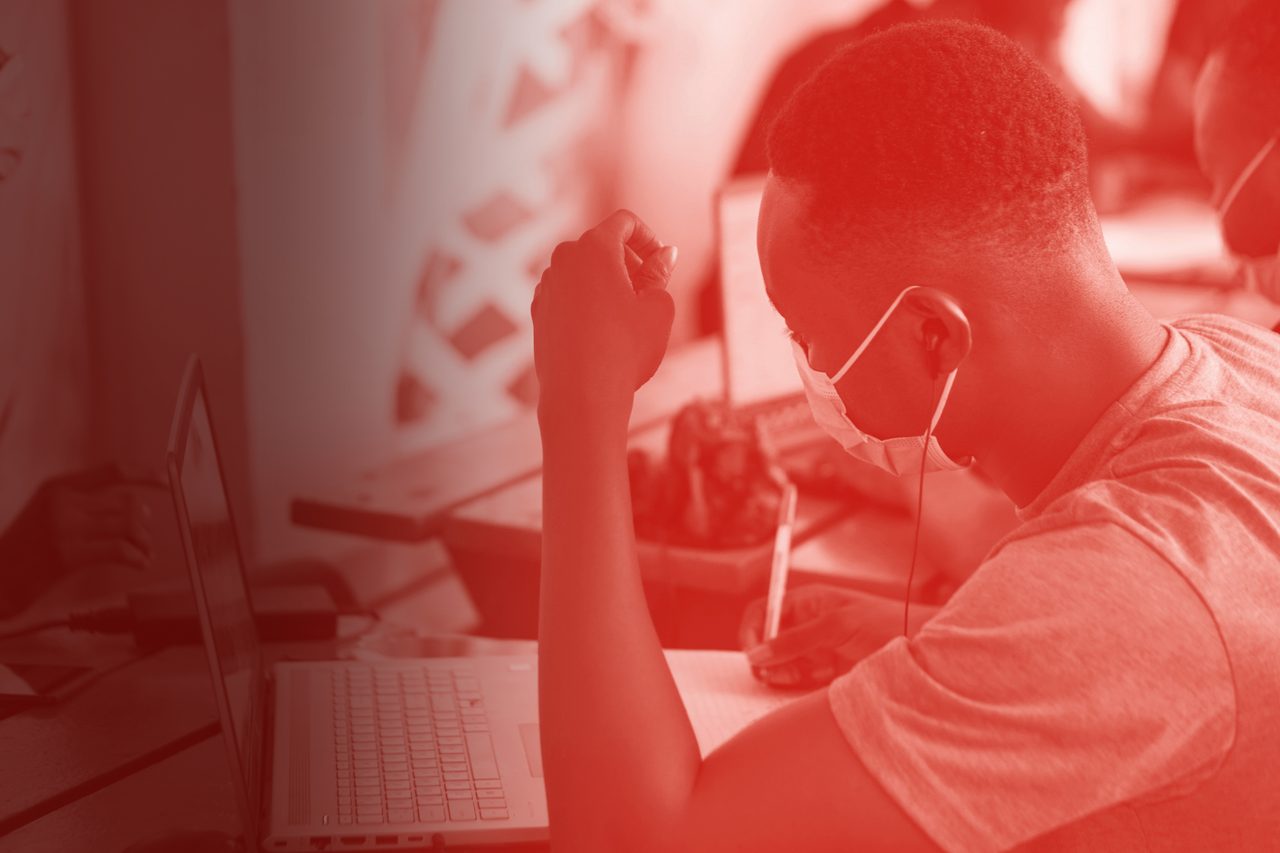COVID-19 stopped the world in its tracks, catching us all off guard. As countries scrambled to tackle the challenges mounting on their doorstep, many were pushed to breaking point.
A series of unprecedented events have defined a ‘new normal’ that we are still adjusting to.
The first wave of the pandemic in Africa was relatively late and mild compared to other regions. However, subsequent waves are proving more devastating.
While the situation is still evolving rapidly on the ground, the crisis has laid bare stark vulnerabilities in Africa’s health systems and growth model, and reversed recent gains in key development areas. These were captured in the 2021 Ibrahim Forum Report, which provides a comprehensive assessment of the impact of COVID-19 on health, politics, society and the economy across the continent one year on from the start of the pandemic.
Its key findings, summarised below, provide a valuable insight into the challenges that have been exposed, the lessons learned, but most importantly, how the recovery provides a pivotal opportunity to build a new Africa.
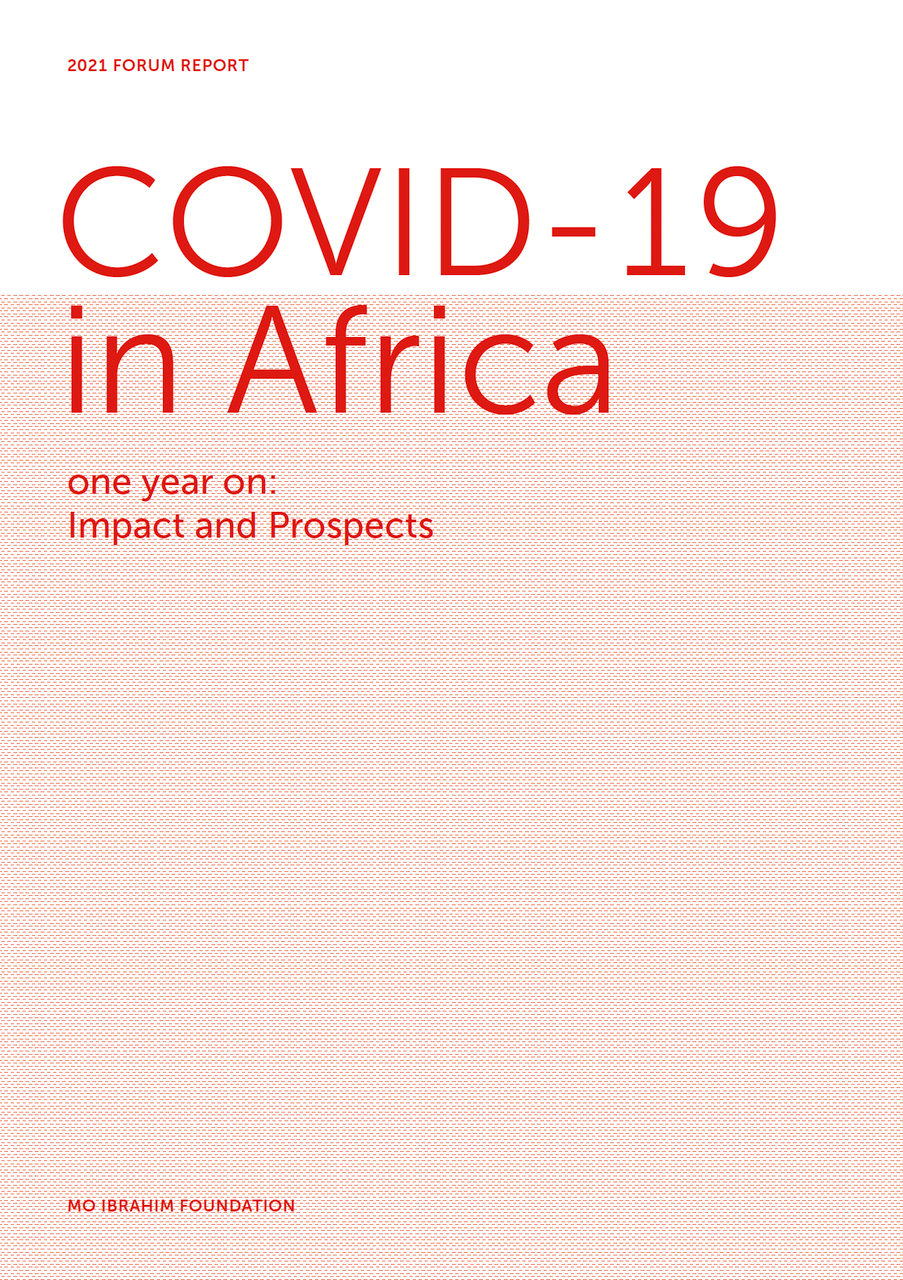
Health: The Pandemic Exposed
Weak Health Structures
While African leaders and institutions should be commended for delivering a swift and unified response to COVID-19, the unprecedented shock of the crisis exposed deeply concerning weaknesses in Africa’s health capacities.
African governments’ reliance on external aid and out-of-pocket health expenditure, compounded by inadequate basic infrastructure have left much of the continent unprepared to manage crises like COVID-19.
African governments rank the lowest globally on Intensive Care Unit (ICU) beds per 100,000 people with an average of just three.
In 2018, sub-Saharan African government spent on average just 1.9% of GDP on public health, far below the global average.
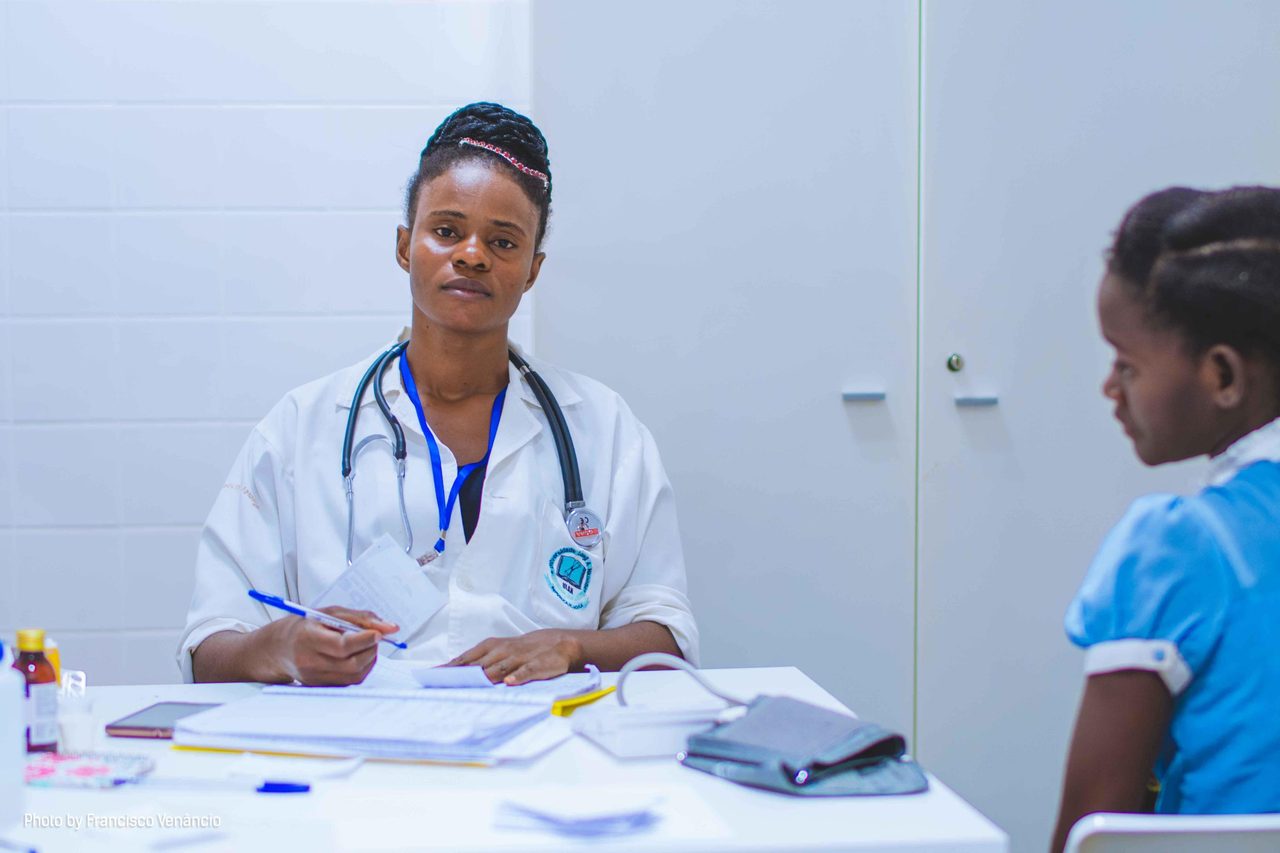
The pandemic has underlined why it’s so important to invest in Universal Health Coverage.
Dr Tedros Ghebreyesus, Director-General, World Health Organization (WHO), 2021 Ibrahim Governance Weekend

3 ICU beds



per 100,000 people


African countries:
Universal Healthcare (2019)
Free & universal
Free but not universal
Not free but universal
Not free & not universal
Just ten African countries currently provide free and universal healthcare.
The continent’s dependency on external resources and lack of local manufacturing capacity means that Africa remains squeezed out of the global vaccine market. On current schedules, most countries are unlikely to achieve the vaccine coverage needed for herd immunity until 2023.
Further compounding this worrying picture, the current focus on COVID-19 could set the continent back a decade in the fight against other diseases. It is estimated that the refocussing of limited resources towards the pandemic means combined excess deaths from malaria, tuberculosis and HIV/AIDS could exceed one million.
Vaccine manufacturing supply capacity in Africa
99% of doses are imported
1%, about 12 million doses are manufactured in Africa



The risk of death from COVID-19 increased
almost three-fold for patients with current
or previous tuberculosis diagnosis
Tuberculosis
COVID-19 related disruptions to anti-malaria efforts could result in more deaths than COVID-19
Malaria
Significant disruptions to treatment and prevention campaigns could take Africa back to 2008 levels
HIV/AIDS
Politics & Society: Africa’s Youth and Women Hardest Hit
Along with deepening fissures in Africa’s health system, COVID-19 also threatens to derail recent progress in education and gender equality.
Africa’s youth population missed out on almost seven months of schooling, while the lack of remote learning opportunities and the digital and energy divides increased the learning gap.

7 months of schooling
Job prospects are also at stake. The African Union estimates that as many as 20 million jobs may be lost in Africa as a result of COVID-19. Given that over 90% of Africa’s youth and women work in the informal sector with little social protection, this puts them at higher risk.
Africa: unemployment rate 15+ (2010-2020)
Source: MIF based on ILO
Being out of school as a result of COVID-19 means girls could become more prone to sexual violence and exploitation, forced marriage and early pregnancies. Already, one million girls in sub-Saharan Africa may never return to school, due to becoming pregnant during school closures. This not only reduces their life chances, but also impedes the development of their communities and countries, and the continent overall.
Women and girls are likely to be most affected by the crisis.
All of these developments threaten to derail the recent
progress in gender equality prior to the pandemic. The 2020 Ibrahim Index of African Governance (IIAG) shows that between 2015 and 2019, the Gender sub-category followed a positive trajectory, due to increasing progress in the political power and representation of women, and in their access to public services.

The pandemic has reversed many of the development gains and made our task of achieving the SDGs by 2030 even more difficult. Hard-fought gains in learning and progress towards gender equality might be pushed back a generation.
Amina J. Mohammed, Deputy Secretary General, United Nations, 2021 Ibrahim Governance Weekend

The pandemic also threatens to reinforce triggers for instability and insecurity. The combination of diminishing pros[ects for youth, the spread of fake information, and the refocussing of security resources on the pandemic, may create new opportunities for criminal and terrorist groups.
Against this backdrop, disruptions to democratic practices and restrictions to civic freedoms are further undermining citizens’ trust in their governments. According to Afrobarometer, across 34 African countries, on average less than half of the population trust their political leaders.
Africa is the only continent where violence rose in 2020 compared to 2019.





African countries: trust in leaders (2016/2018)
Source: MIF based on Afrobarometer
% of respondants
Economy: Structural Weaknesses Have Been Laid Bare
The pandemic has also taken a heavy economic toll on the continent, driving Africa into recession for the first time in 30 years. This shock has highlighted structural weaknesses in Africa’s growth models and systems that are overly reliant on external demand for primary commodities, accounting for three quarters of Africa’s exports in 2019, but also on external supply for key goods such as food and pharmaceuticals.
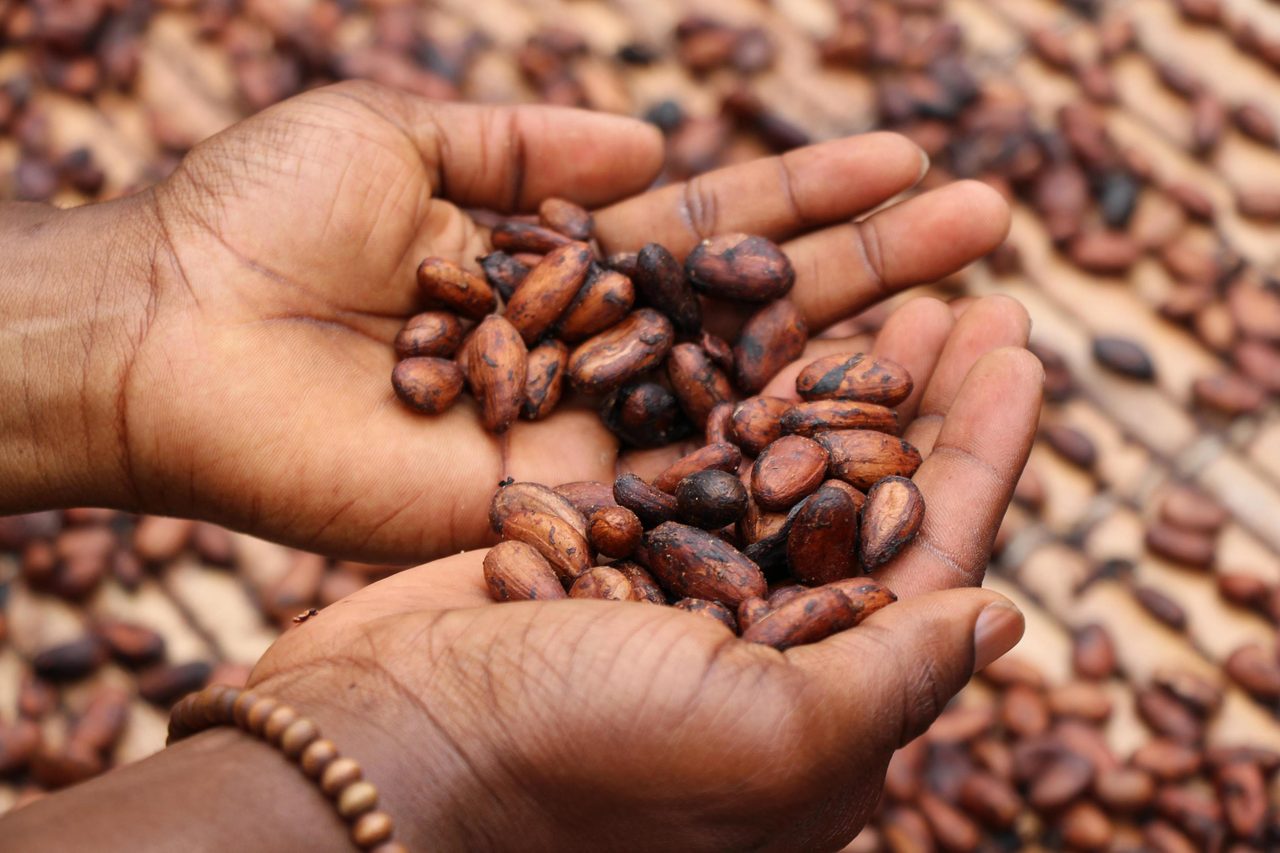
Africa’s ability to respond to the crisis has been further impeded by constrained fiscal revenues and complex debt burdens. As many as 30 African nations already spent more on repaying public debt than on health systems before the pandemic.
Africa’s ability to respond to the crisis has been further impeded by constrained fiscal revenues and complex debt burdens. As many as 30 African nations already spent more on repaying public debt than on health systems before the pandemic.
Africa's debt repayments to private creditors in 2021 could equate to three times the cost of purchasing vaccines for the entire continent.
With social safety nets on the continent already weak, this is set to lead millions more Africans into poverty, widen inequalities and further deepen food insecurity.


3x

Looking Ahead: An Opportunity to Redefine Africa’s Growth Models
The pandemic has reversed gains in key development areas and is putting African countries under great strain. It has exposed stark vulnerabilities, which if not addressed, will stand in the way of future progress.
Within every crisis, there is an opportunity for change. The response to COVID-19, alongside the ongoing challenge of climate change, presents an opportunity to reinvent Africa’s growth models. By 2040, Africa will have the largest potential workforce in the world and the largest free trade area with the AfCFTA. The continent can drive a sustainable COVID-19 recovery provided it maximises the potential of its youth, strengthens continental cooperation, and champions good governance, transparency and accountability.
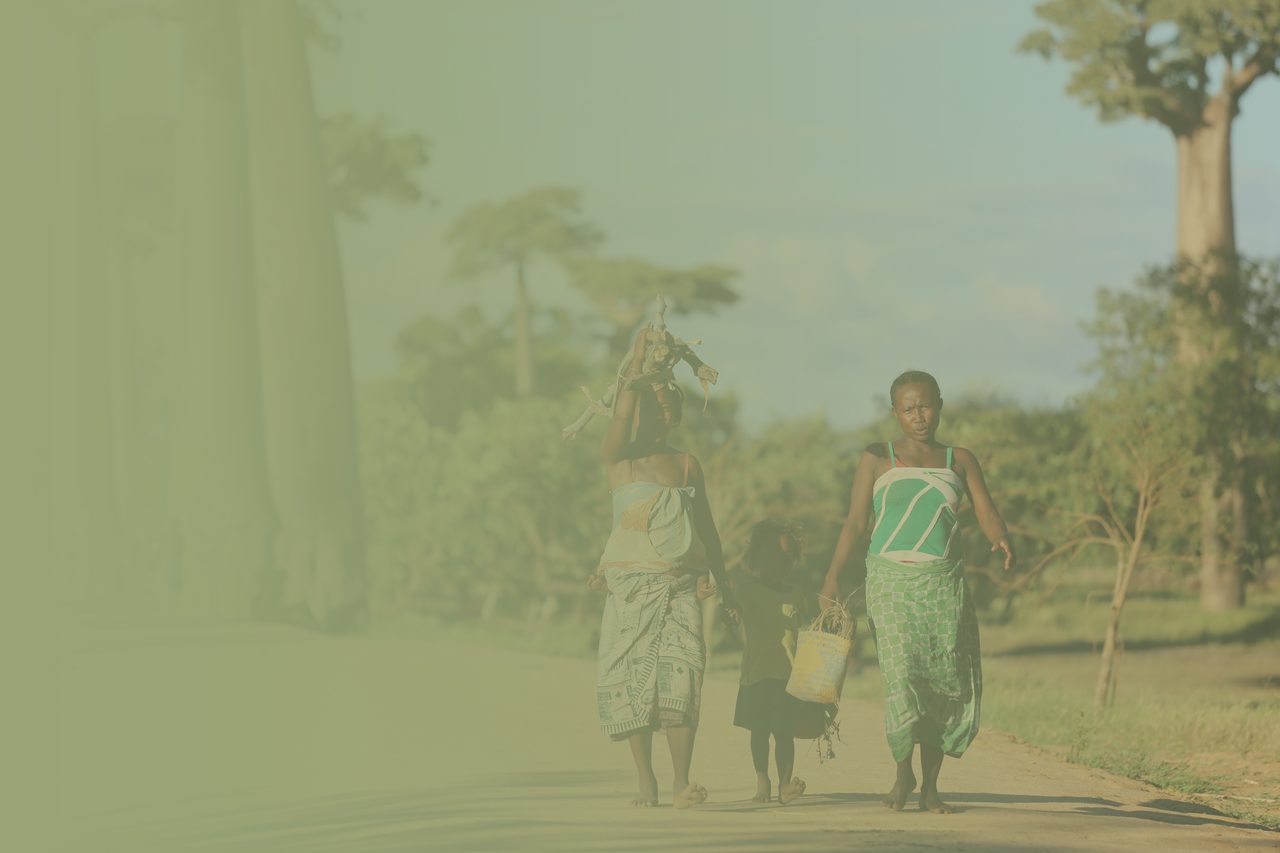
Africa’s ability to build reliable vaccine manufacturing capacity at the continental level will serve as a clear first test of the new growth model. Under the dedicated leadership of Africa’s continental institutions, and with swift pledges from its private sector, Africa has stepped up its purchasing power to independently secure vaccine doses – an impressive display of what can be achieved through wider collaboration.
Such collaboration must lie at the heart of building a greener, more self-sufficient, inclusive and resilient Africa. By acting now, African governments, with support from global partners, can create effective and lasting change for generations to come.
Unless a new growth model is inclusive, unless that model lifts all boats, not simply some boats, unless that model reinforces social safety nets, it cannot be sustainable.
Dr Donald Kaberuka, Special Envoy on COVID-19, African Union, 2021 Ibrahim Governance Weekend



